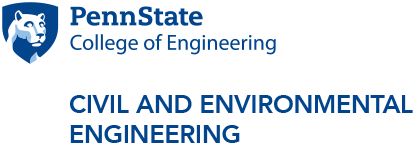CEE Virtual Seminar Series: Kyle Delwiche
The recording for this seminar is now available.
Modeling and measuring methane emissions from global reservoirs
Abstract: Hydropower reservoirs are used throughout the world to generate “clean” energy, yet there is growing recognition that reservoirs are a significant source of methane to the atmosphere. Methane is a potent greenhouse gas, and methane emissions may offset some of the carbon benefits associated with hydropower. Given the increasing global demand for renewable energy sources, it is critical to understand both the factors driving methane emissions from these reservoirs, and potential mitigation strategies to reduce these emissions. Delwiche will present her work building a global, process-based model of methane emissions from hydropower reservoirs. This model quantifies carbon inputs, methane production, and methane partitioning between oxidation, ebullition, diffusion, plant transport, and turbine emissions. Delwiche will also discuss her field measurements of methane release from reservoirs, including her design and construction of novel bubble size sensors.
Biography: Delwiche completed her Ph.D. in environmental engineering at M.I.T. in 2018. During this time, she studied methane bubbling from lakes by designing, building, and deploying bubble sensors in an urban lake. She then became a postdoctoral researcher at Harvard where she developed a biogeochemical model of methane emissions from hydropower reservoirs. From there, she moved back to her native California to Stanford University, where she led a USGS Powell working group studying methane emissions from freshwater wetlands. Currently, she is a postdoctoral researcher with Trevor Keenan at UC Berkeley, working to establish the next generation of FLUXNET, the global network of eddy covariance site data.
Additional Information:
Click here to register for this seminar.
Event Contact: Tim Schley




